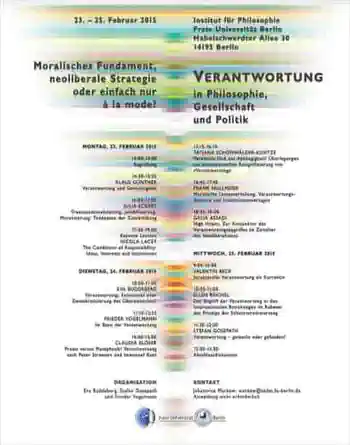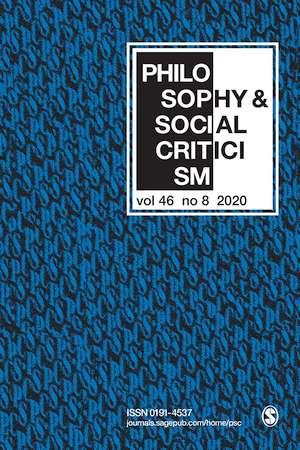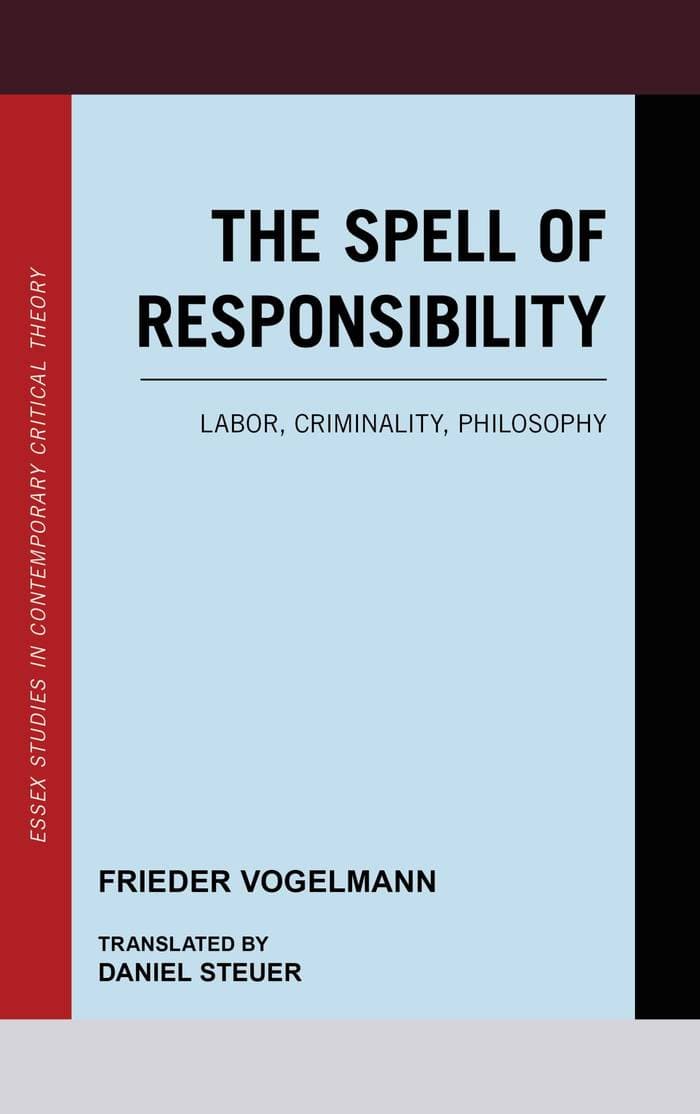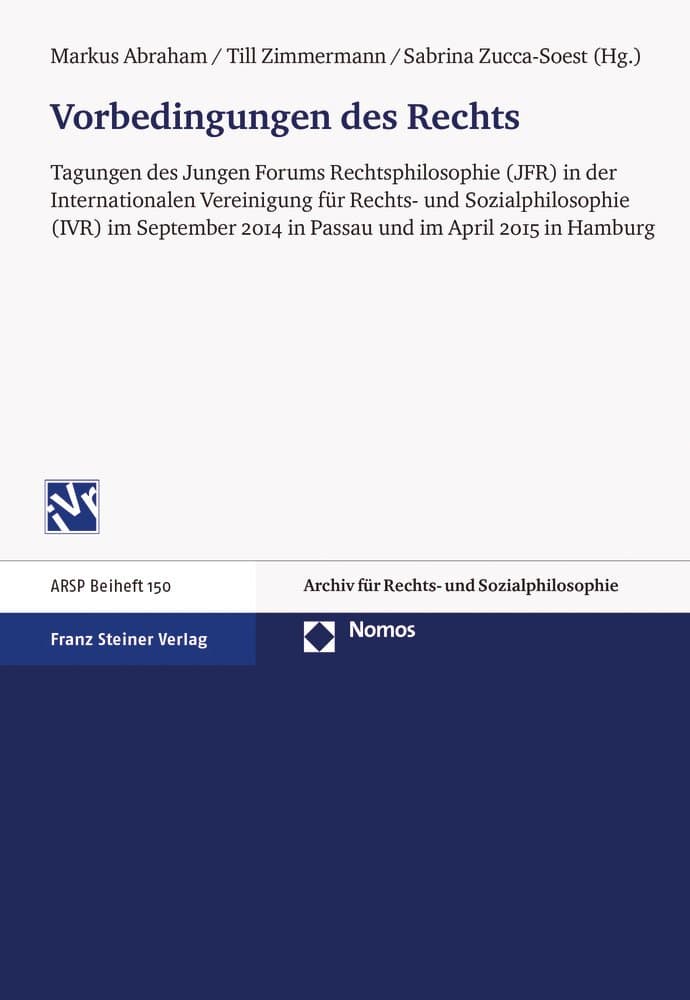 Conference Poster
Conference PosterResponsibility
My dissertation project began with the simple observation that to behave responsibly has become a /obvious/ norm. Yet, historically speaking, this is fairly new - only 200 years ago, “responsibility” was a rather marginal legal concept with no ethical significance. So what does the surprising career of “responsibility” mean, both for our thinking and our acting? What happens when “responsibility” becomes a required self-understanding for individuals at the workplace, in the welfare state or in the criminal justice system? And what are the consequences when philosophy’s analyses of “responsibility” focus almost exclusively on conditions of agency mostly absent in non-philosophical practices?
In addition, “responsibility” has changed in the course of its ascend. In The Spell of Responsibility I therefore analyse both the sociological discussion on the “subjectivation of labour”, the debates about the welfare state in political science and sociology, criminological studies of the so-called “responsibilization strategy” and analyses of the trial from legal theory as well as from the anthropoligy of law. In every instance we find that one condition for using “responsibility” that philosophy uncritically affirms as being necessary is missing: the agency of those who bear responsibility. Thus my first stept uses research results from the social sciences, selected according to a philosophical question, to cast doubts on a philosophical certainty.
Looking at the history of “responsibility” in philosophical arguments confirms that the conceptual fusion of agency and “responsibility” is a rather late invention of the 20th century. Following the conceptual development of “responsibility” also allows to detect the continuity of a highly peculiar form of self-relation which stabilizes “responsibility”’s conceptual identity: To be a responsible subject means to gain sovereignty in exchange for objectifying power relations. My critique targets precisely this responsable self-relation and philosophy’s blindness for its effects: Since “responsibility” today is used (maybe even needed) to account for normativity’s force and thus for the nature of normativity as philosophy’s primary field of research, “responsibility” is a concept so attractive that the self-objectification tied to it is either overlooked or denied.
Yet studying the philosophical reflections on “responsibility” has also uncovered a wealth of further results, some of which I have already published: studies on the relation between “duty” and “responsibility”, on juridificism in the discourse theory of law and on the interdependence of the developments of moral and political conceptions of “responsibility”.
![Against Responsibilisation: On the Domination of Concepts [in German]](/public/publication/2024_02_responsibilisierung/featured_cover.jpg)









